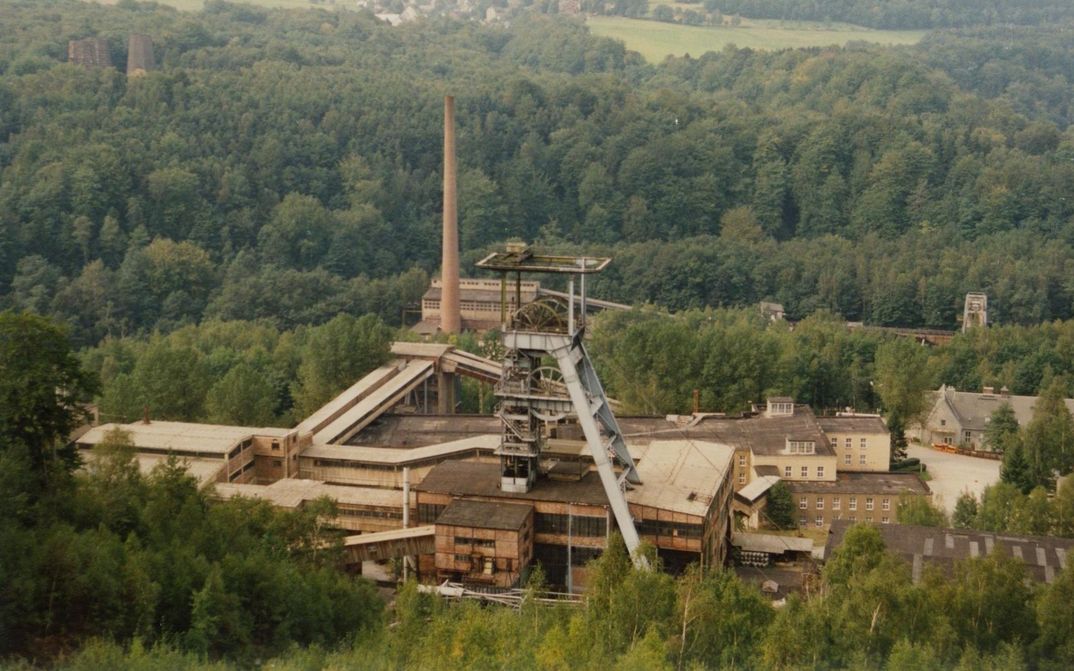Die Wismut

Wed 13.12.
20:00
Director
Volker Koepp
Germany / 1993
111 min.
/ DCP
/ Original version
Cinema
Arsenal 1
zu den Ticketszu dem KalenderIntroductury lecture: Bernd Scherer; followed by a conversation with Volker Koepp
As part of the “What Can Cinema Do?” series, philosopher Bernd Scherer is in conversation with Volker Koepp to talk about the potential of cinema in relation to the crises of the present.
At a time when atomic war has become a real scenario again and when extending the use of existing atomic power stations is regarded by many as a solution to our energy problems, Volker Koepp’s 1993 film DIE WISMUT has a disturbing topicality.
In the Ore Mountains in Saxony and Thuringia, the Soviet joint-stock company “Wismut”, a subdivision of the Soviet Defense Ministry, was created “to partially cover the reparation demands of the USSR”. That meant: uranium mining to help arm the USSR with atomic weapons in response to Hiroshima and Nagasaki. Uranium at any price; the film creates a portrait of a mistreated landscape. People get a chance to have their say who look back at 40 years of life with dignity, pride and sadness. They give an account that is unbelievable, tragic but also funny. It is a film about invisible forces that threaten life, about a state within a state that obeys its own rules, a society in which the extraction of a precious raw material creates its own security apparatus, a time in which the violence of the Cold War is inscribed into the bodies of the mountain people.
The dangers that went hand in hand with radioactivity and the dust produced by mining were very much known. They were tolerated for money and special payments. By the time East Germany had ceased to exist and uranium mining was brought to an end, 500,000 people had produced 220,000 tons of enriched uranium at “Wismut” and thousands had lost their lives. One of the biggest environmental catastrophes on earth is revealed.
As part of ARSENAL 60 ff. funded by the Federal Capital Cultural Fund.